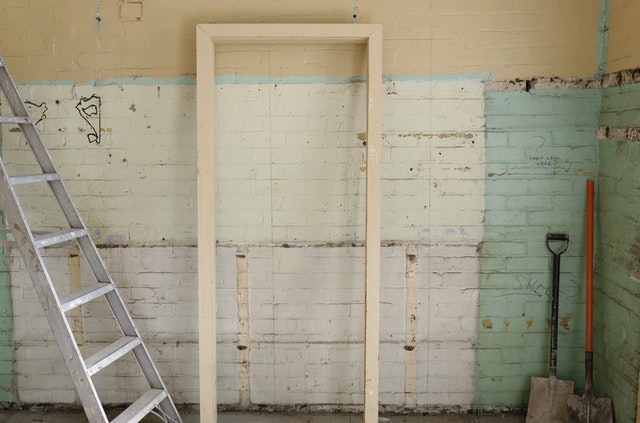 Fall is the time to get back into a comfortable routine, but it’s also a great time to incorporate social events into weekend work parties, and gather friends to offer neighbors a helping hand — or just moral support — to spruce up their property.
Fall is the time to get back into a comfortable routine, but it’s also a great time to incorporate social events into weekend work parties, and gather friends to offer neighbors a helping hand — or just moral support — to spruce up their property.
While building a new sense of community may be a side effect, it can’t be denied that giving homes in need of minor repairs a little TLC is good for the dollar value of the neighborhood as well as for the soul. REALTORS agree that the overall appeal of a neighborhood adds value to individual homes.
Police departments and security companies also note that cohesive communities are less prone to crime than neighborhoods where residents don’t really know one another.
A Community Work Day
While it’s not uncommon for some subdivisions to sponsor periodic get-togethers, or hold multi-family garage sales and social events, the idea of a day to share work and expertise to tidy up individual homes is less common. But it represents an ideal solution for residents who could use a helping hand to accomplish minor upkeep and repair projects.
Especially if you live in a neighborhood with some older residents, planning a coordinated “home improvement day” can be a unique and wonderful way to bring different generations together. Community work days are a great way to complete seasonal maintenance projects before the weather turns bad. It’s also a way to make light work out of required tasks and to have some fun as well.
Here are some ideas on how to do it right — the results can be greater than expected.
- Talk the idea up with your neighbors: Set a tentative date and divide up the planning tasks.
- Start a checklist of neighborhood skills. Chances are you’ll find engineers, carpenters, painters, and neighbors with plumbing and electrical skills among the residents. And there are also apt to be artists and craftspeople, master gardeners and children who love to rake leaves or pull weeds!
- Plan block party, potluck dinner or homemade ice cream social for the culmination of the workday or weekend, and get as many people as possible involved.
A weekend work project is reminiscent of old-fashioned barn raisings. It’s also a way to build a new sense of community, as well as to add neighborhood appeal and value. The food and the fellowship are bonuses!
There are, however, some cautions: Help should be freely offered, and readily accepted. But leave costly or complicated repairs to professionals. This kind of event should be strictly for easy DIY labor needs.
Done right, this kind of ongoing community effort can become a lasting and honored tradition. It’s worth a try, right? In the end, the entire neighborhood wins.
If you are interested in buying a new home or refinancing your current property, contact your trusted mortgage professional to find out about current financing options.
 Reality TV shows have energized everyday people to dive into the real estate market and make money flipping houses. The dramatic presentation and profitable end results make the industry seem like a sure thing. But house-flipping, like any industry, has its share of challenges.
Reality TV shows have energized everyday people to dive into the real estate market and make money flipping houses. The dramatic presentation and profitable end results make the industry seem like a sure thing. But house-flipping, like any industry, has its share of challenges.